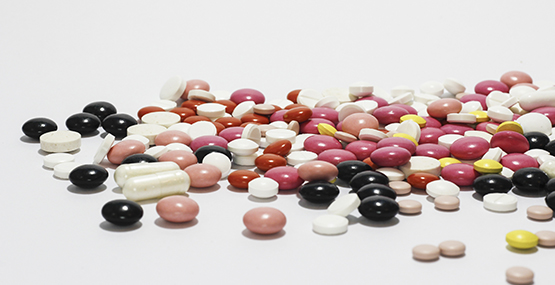
The Latest and greatest treatments for IBD: What to believe
What’s the best IBD medicine for me? Confusion on television and in your inbox....
See moresign up for our newsletter
SubscribeRisk L5, Medicine I 38
The medical breakthrough of the original biologic medication for Crohn's disease was first reported in 1998. There are now 6 in use for IBD, known best by their commercial names, Cimzia, Humira, Remicade and recently Simponi (listed alphabetically) and Entyvio and Stelara (which are different in the way they work). The first 4 work by binding to TNF. TNF is one of the molecules that's involved in the immune system –and that's important, because IBD is thought to largely represent an over-reaction of the immune system, causing inflammation in different portions of the gastro-intestinal system. The Anti-TNFs bind to the TNF and block the immune system from over-reacting.
Since the initial report, numerous studies have shown these drugs to be highly effective in Crohn's disease and ulcerative colitis. The studies are ongoing to monitor and increase their effectiveness and safety in children and in adults. Not all of these medicines are used in all situations and not all have been investigated for their impact on growth.
The Concerns
While these medicines are very effective, they, like most medicines,
Specific Situations and Guidelines
The anti-TNFs have no effect on strictures where thick scars have already formed. As a result, they are best used in patients with moderate to severe Crohn's disease or ulcerative colitis, where the tissues are inflamed, but before strictures develop. Thus, patients with mild problems do not need this medication.
They also have to be used carefully to lessen the possibility that antibodies will develop, because those antibodies often limit their usefulness. As a result, doctors will prescribe them on a regular schedule and monitor their effectiveness with drug levels and / or other blood or stool tests.
The Risks
The risks of the anti-TNFs that most doctors and patients or families worry about are
Disease registries carefully track and analyze these concerns as well as factors that may contribute (for example, the person's age or whether he smokes). The most information currently comes from the one established by the makers of Remicade, comparing the results of using that medicine in 3,420 patients with those other treatments (2,853 patients) over at least 5 years.
Serious infections are increased by the anti-TNFs, but infections are increased even more by narcotics or prednisone. And those on narcotics (opioids) or steroids are more likely to die. This may not be related to the steroid or narcotics causing problems but may be because those who have more severe disease may be given steroids to try to control their disease and they may be placed on pain medicines to provide some relief.
Cancer didn't happen any more often with anti-TNFs compared with other IBD medications. Of note, most pregnancies resulted in healthy babies with no differences in patients who received anti-TNFs or other medications. These cancer rates can increase when the TNFs are combined with one of the thiopurine medications.

Other side effects can occur as well, but not very often. They are included here for completeness sake
Bottom Line
This article, as well as all others, was reviewed and edited by a member of our Medical Advisory Board.
Subscribe Be the first to know